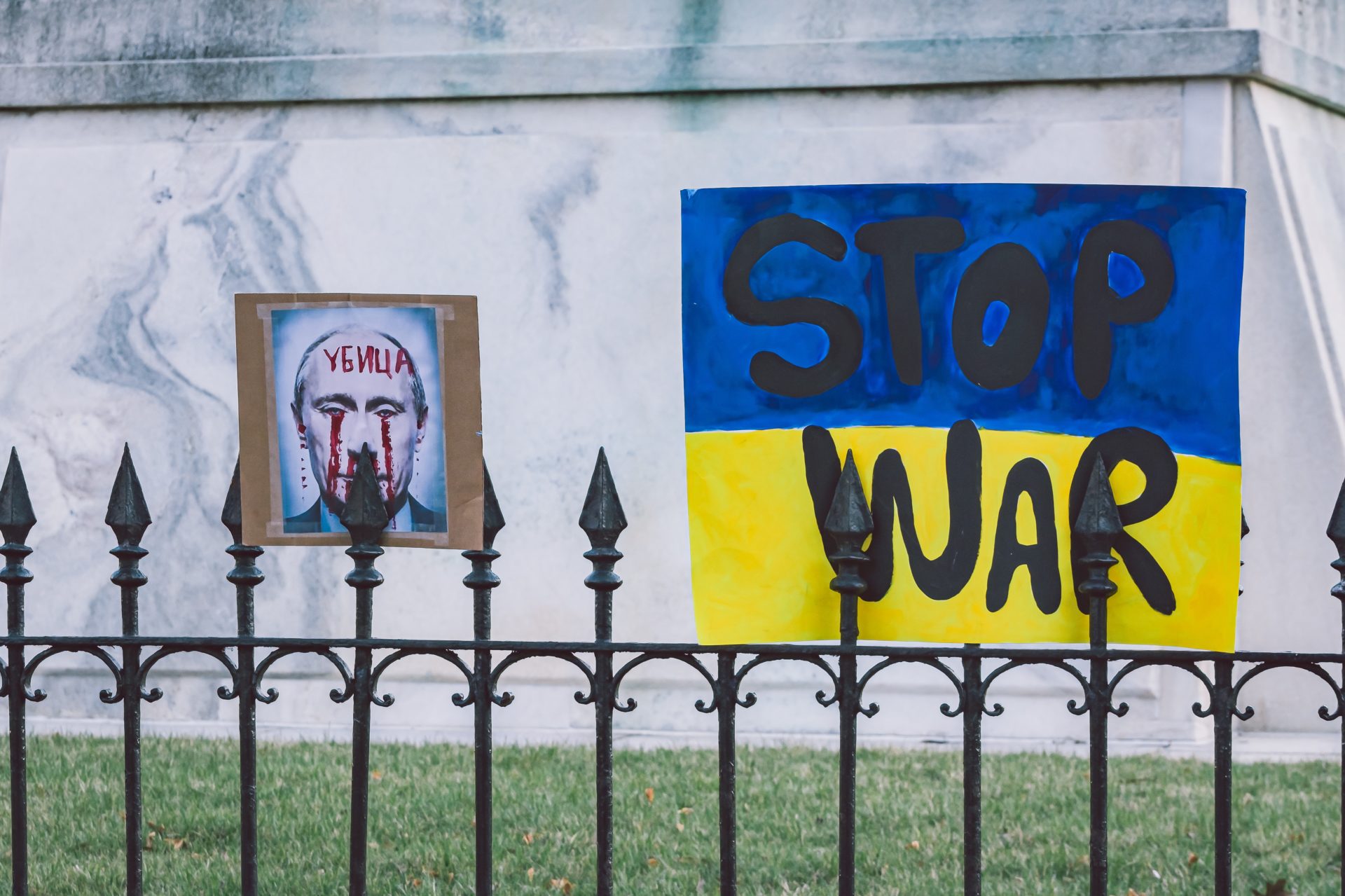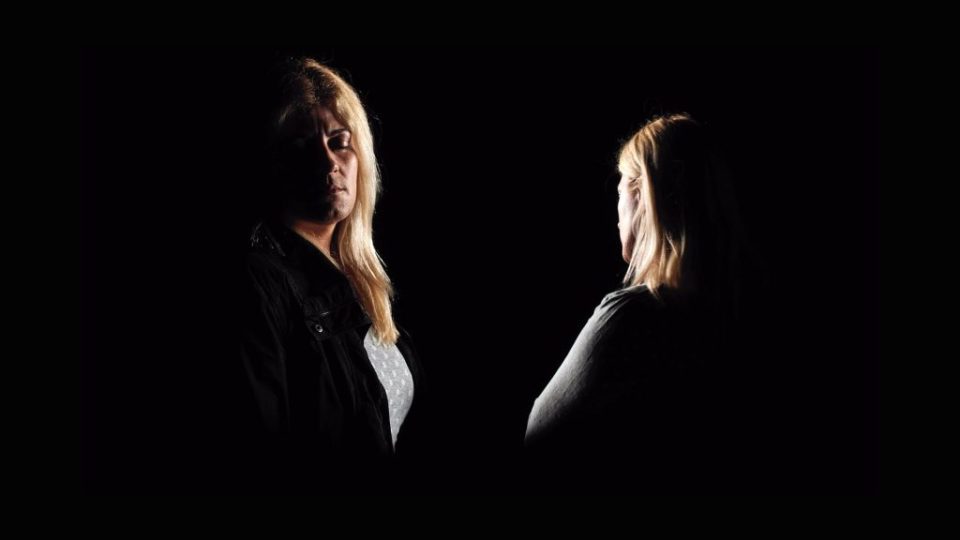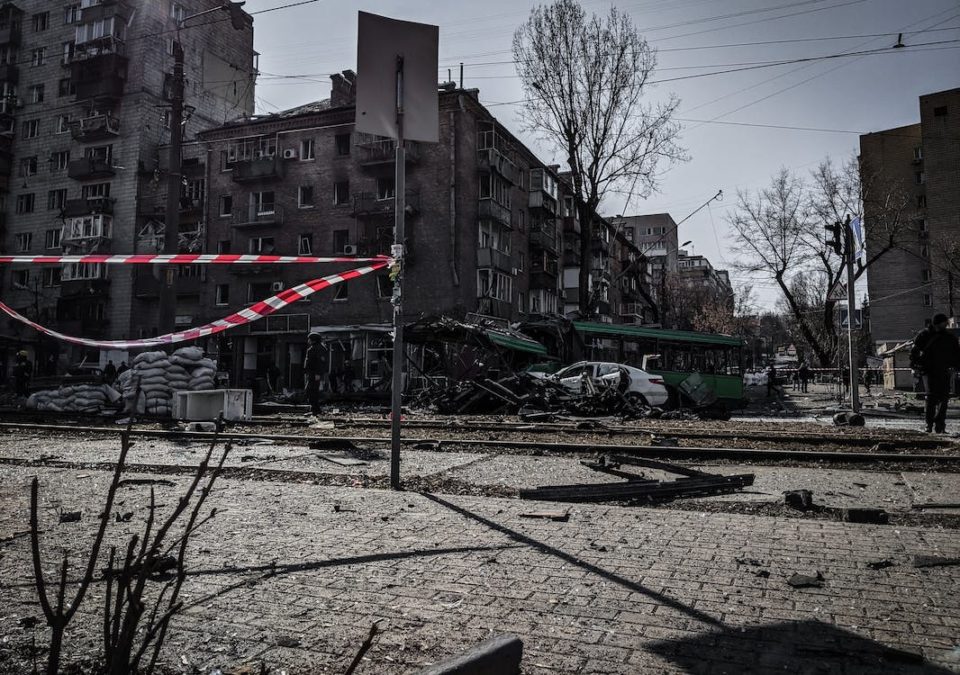
Criminal convictions are an important aspect of achieving justice and accountability in the aftermath of conflict-related sexual violence. Indeed, BiH has recognized that fighting impunity and facing the past through this legal avenue is the basic precondition for the gradual reconciliation of society (Moratti, 2022). The second part of this series on conflict-related sexual violence (CRSV) will therefore explore the good and bad practices related to the legal response to CRSV.
The Preventing Sexual Violence in Conflict Initiative (PSVI) seeks to improve how law enforcement and peacekeeping forces prevent and respond to sexual violence, which includes the prosecution of perpetrators (PSVI, 2014). As part of this initiative, the UK government has financed the deployment of PSVI Teams of Experts to Ukraine to support law enforcement and legal professionals engaging with victims of sexual violence (GOV UK, 2022).
In BiH, the PSVI has been central to coordinating and advancing efforts to punish CRSV, including by providing funds for the Strengthening Rule of Law by Improving War Crimes Processing program. However, it is also important to recognize the wider international role, and the significant efforts of not only the UK’s PSVI, but also the UN Country Team to help improve redress mechanisms for CRSV survivors (OSCE, 2017).
International Jurisdiction
Despite the fact that neither Ukraine nor Russia are members of the International Criminal Court (ICC), the ICC opened an investigation in March into the situation in Ukraine. Under the Rome Statute of the ICC, sexual violence is classified as a crime against humanity and is thus prosecutable as a war crime under international law. The opening of the investigation coincided with the establishment of a war crimes unit in Ukraine, and on September 6th last year, the Ukrainian Prosecutor General’s Office established the Office of Procedural Management of Pretrial Investigations and Maintenance of Public Prosecutions in Criminal Proceedings on Crimes Related to Sexual Violence (Ukrinform, 2022). This follows the Ukrainian Parliament’s ratification of the Istanbul Convention which established legally binding requirements for the government to prevent violence against women and girls.
In BiH, protecting the rights of women and prosecuting perpetrators of CRSV has been a priority since the end of the war, in accordance with international covenants, such as UN Security Council Resolution 1325 on Women, Peace and Security and the Universal Declaration of Human Rights.

The International Criminal Tribunal for the former Yugoslavia (ICTY) has been instrumental is this process, and today, the Court of BiH explicitly cites ICTY and International Criminal Tribunal for Rwanda (ICTR) case law on CRSV crimes. At the entity level, prosecution of such cases is becoming increasingly frequent as well (OSCE, 2017). However, the feminist organization Fondacija CURE argues that these efforts are still lacking, and “appeals to the institutions of Bosnia and Herzegovina to take [CRSV] more seriously and start implementing the Action Plan for the implementation of Resolution 1325” (CURE, 2022).
Due to the number and complexity of CRSV cases in BiH, the country has developed one of the most advanced bodies for CRSV jurisprudence in the world (OSCE, 2017). The BiH Criminal Code was updated in 2015 to include a definition of CRSV as an underlying offence of ‘war crimes against civilians’ and ‘crimes against humanity, thereby removing the condition of force from the law and favoring the concept of coercive circumstances that characterize warzones (AI, 2017). As of August 2022, there are 125 defendants and 57 pending cases involving allegations of CRSV (HRW, 2022). The conviction of Radovan Veljović on November 18th last year for raping a woman in Foča in 1992 is the latest example of continuing progress (Balkan Insight, 2022).
Barriers to Legal Justice
Nevertheless, many survivors still feel betrayed and disillusioned by the judicial process in BiH. A report by Amnesty International from the period between June 2015 and May 2017 states that the country’s legal efforts “have been anything but systematic and genuinely restorative,” and that survivors have often come away feeling further victimized.
One of the main issues plaguing the legal process in BiH is a lack of consistency among the country’s different judicial bodies. War crimes are not only tried at the state level Court of BiH, but also at entity-level courts. In some cases, sexual violence is not acknowledged as a conflict-related crime, but rather qualified as a regular crime (OSCE, 2017). This erroneous classification denies the survivors acknowledgement of their trauma as well as undermines the legal process, as it bars any further prosecution of these crimes (OSCE, 2017). Survivors of CRSV face tremendous challenges within the judicial process, and as a result, are often “deeply disappointed in justice” (Larisa, Medica Zenica, 2014). From the end of the war to 2019, only 1 out of every 15 cases of rape were reported, which indicates, according to Fondacija CURE, that survivors “evidently do not have confidence in BiH security structures, which greatly favors the consolidation of gender stereotypes and prejudices about sexual violence in BiH society” (CURE, 2022).
Belma Becirbasic, the Senior Program Officer of the women’s NGO Kvinna till Kvinna, argued in an interview that CRSV crimes are hard to convict because “crimes against women are still deemed less important than other crimes, as mere collateral.” This is the reality in Ukraine, where although the government may have created a special unit to prosecute conflict-related crimes, President Volodymyr Zelenskyy has yet to sign the updated Criminal Code. The new Bill 2689 explicitly sets out under Article 438 (2.8) that “rape, sexual exploitation, forced prostitution, forced pregnancy, forced sterilisation or any other form of sexual abuse” are war crimes, and Article 442-1 affirms that sexual violence is also a crime against humanity. Without this measure in the Criminal Code, CRSV is only prosecuted under the general provision constituting violation of the laws and customs of war.
Although the Ukrainian Parliament approved the new bill in May 2020, without the presidential sign-off (for which the deadline has passed), it cannot be put into action. Nobel Peace Prize winner and Chief of Ukraine’s Center for Civil Liberties Oleksandra Matviichuk has called this an accountability gap, remarking in an interview with TIME Magazine that “human rights, when separated from the security issue and economic issues, became like something secondary.” Therefore, Ukraine is at a standstill when it comes to reforming the criminal code and the justice system, leaving victims of CRSV especially marginalized in the process of achieving justice and accountability.
Ensuring the rights of survivors
Recognizing CRSV survivors as civilian victims of war is a key part of their healing process, and it is important to break the silence about CRSV victims in institutions. In BiH, the recognition of this status is regulated on the sub-state level – that is, in the Federation of BiH, the Republika Srpska, and the Brčko District. Currently, claiming civilian victim of war status is the only way for CRSV survivors to receive some form of monthly compensation.
The absence of a state-level legislative solution means that the benefits of these statuses are inconsistent and geographically discriminatory. For example, in the Republika Srpska, not only does the deadline for applying for this status expire 5 years from the date of the adoption of the law (which will be in October 2023), but victims are obliged to provide physical proof of 60% or more physical impairment. In the Federation of BiH and the Brčko District, the victim does not need to prove bodily harm to be granted this status.

Some are discouraged because of the barriers to gaining the status and the inequalities in the system (TRIAL International, Vive Žene, GSF, 2022). In a 2015 survey of 108 CRSV survivors across 27 municipalities in BiH, 72% felt well informed on the opportunities they can benefit from, and 98% use their healthcare provisions; however, only 44% benefit from financial support and 19% have made use of preferential treatment for schooling and employment (UN WOMEN, 2015).
There have been three failed attempts to initiative state-wide legislation in BiH, which only highlights the lack of harmonization in the country on these important issues. Without state-wide support, CRSV survivors will continue to be marginalized in society. Looking to Ukraine, Jasna Zecevic, the President of the women’s NGO Vive Žene, emphasized that state support is crucial, advising that “they should invest a lot of energy towards the state.” In BiH, neither the leading local women organizations nor the survivors have had such state-level support.
The Trial Process
In CRSV trials, the survivor’s interests and needs must be central to considerations. This includes, among other things, adequate witness protection and psychological and financial support.
In Ukraine, the first trial related to CRSV started in Kyiv on June 24th. Mikhail Romanov, a Russian soldier, was accused of having repeatedly raped a woman in the Kyiv region on March 9th, after murdering her husband (Sauer, 2022). In the run-up to the trial, the prosecutor filed a motion for a closed trial due to the sensitivity of the case, yet the victim’s identity was disclosed in the prosecutor’s first submission (Sali, 2022). Volodymyr Ponomarenko, Prosecutor of the Brovary District Prosecutor’s Office, approved the submission despite the case being flagged as closed. The case is now being held behind closed doors; however, Romanov’s whereabouts are currently unknown. Until the court makes sure that Romanov has been adequately informed about the trial (and that his non-appearance is willful) the case cannot begin – with Romanov in absentia or otherwise.
The fact that the victim’s identity was disclosed despite the sensitivity of the case highlights the challenges to achieving justice and accountability for CRSV victims at the time of conflict. Even with the publication of numerous international guidelines which emphasize the ‘do no harm’ principle (including the Murad Code), it is evident that in practice, these measures are not being considered. Indeed, the OHCHR remains concerned that these hastily erected trials for conflict-related war crimes do not meet international fair trial standards (OHCHR, 2022). Given the difficulties Ukrainian civilians face in reporting CRSV, it seems that these failures to adhere to the principles of a fair trial can only be discouraging people from sharing their experiences.
In BiH, the Witness Protection Department provides adequate forms of protection and support to protected witnesses to ensure that trials are conducted fairly and that such breaches of privacy do not happen in CRSV cases. The protection measures available include voice and video distortion and banning the publication of personal data. The Criminal Procedure Code provides general measures for the protection of witnesses during court proceedings, but on the entity level, these protections are sometimes not granted or not sufficiently enforced. During a case at the District Court of Bijeljina, the prosecutor and court did not exclude the public during the testimony of a rape victim despite these protections, and subsequently, the witness testified in front of the media about her experience (OSCE, 2022).
In civil proceedings, there are no identity protection measures and the protective measures in place do not apply to the parties or their legal representatives, which creates barriers for CRSV survivors seeking compensation. There is a systematic gap in the witness support system as the lack of a comprehensive mechanism across cases increases the risk of re-traumatizing the survivors. Alongside this, the frequently drawn-out nature of these cases means that survivors often have to repeat their statements. After 30 years, according to Jasna Zecevic, this has led to survivors becoming demotivated to testify as witnesses (Zecevic, 2022). This in turn creates a secondary problem, as being a witness is not only important for CRSV survivors, but for future generations (Zecevic, 2022). It is unfortunate yet unsurprising that many survivors distrust the judicial process, with some describing their experience seeking legal justice as “traumatic” (OSCE, 2022).
There is now a solid international legal framework in place, and protocols like the PSVI have been established to help in these situations, clarifying the process of seeking legal justice. Therefore, it is crucial that Ukrainians learn from BiH’s experience and uphold the correct legal standards regarding CRSV cases.






